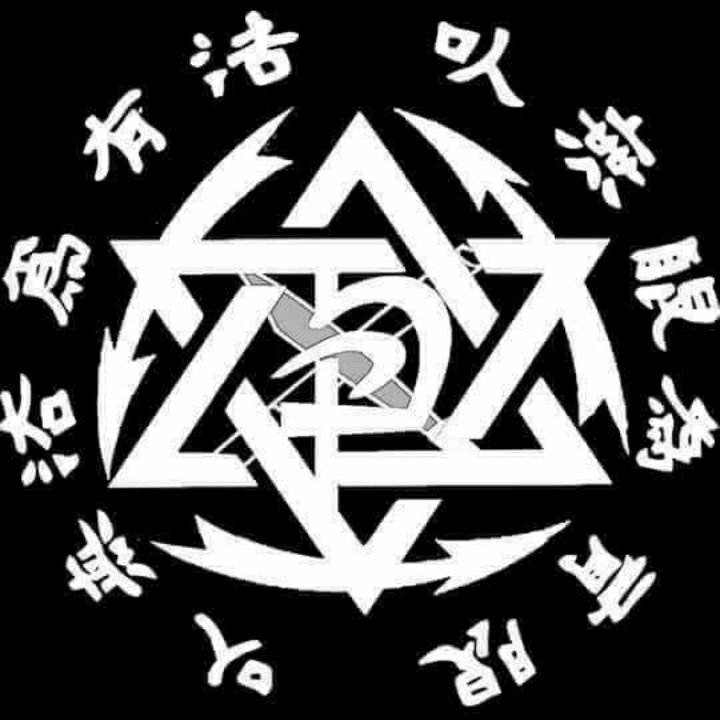Bruce Lee's Philosophy on Jeet Kune Do (JKD): Embracing Simplicity and Authentic Expression
- Sifu Jeramiah Giehl

- Feb 18, 2024
- 2 min read
In a poignant reflection penned by Bruce Lee in 1962, the martial arts icon dissects the essence of Jeet Kune Do (JKD) and challenges prevalent trends in martial arts instruction.
Lee critiques the diverse preferences of martial arts instructors, highlighting those enamored with complex forms, superhuman mental powers, or the spectacle of breaking bricks. In contrast, he champions JKD for its extraordinary quality—simplicity. JKD, according to Lee, thrives on the direct expression of one's feelings with minimal movements and energy. He contends that every movement in JKD is inherently simple, devoid of unnecessary embellishments that burden other martial arts.
Lee criticizes certain martial arts systems for veering away from the reality of combat. He denounces the ritualistic practice of flowery forms and artificial techniques that, instead of engaging in combat, become idealistic simulations. Moreover, he warns against incorporating super mental and spiritual elements that lead practitioners into the realms of abstraction and mystery, detracting from the practicality of combat.
Contrary to fixating on fixed techniques, Lee emphasizes the dynamic nature of real combat, which is alive and ever-changing. He denounces practices that attempt to dissect and analyze combat movements like a lifeless corpse, asserting that such attempts result in paralysis and conditioning, solidifying what was once fluid and alive.
Lee emphasizes that JKD should be perceived without the trappings of fancy suits and matching tiers. He unveils JKD's secret, not in sophistication or deadly techniques, but in simplicity. JKD, in Lee's perspective, values the wonder of the ordinary and encourages the daily decrease of unnecessary elements rather than their increase.
For Lee, art is the expression of self, and he contends that restrictive, complex, or mechanical methods limit the opportunity for authentic expression. Techniques, while crucial in the early stages, should not become constricting, warns Lee, as practitioners risk being bound by their limitations.
In essence, Bruce Lee's profound insights on JKD echo a call for authenticity, simplicity, and freedom in martial arts expression. His philosophy challenges practitioners to shed unnecessary complexities, embrace the fluidity of combat, and recognize that true art lies in the genuine expression of self. Through his words, Lee invites martial artists to sculpt their journey, not by addition, but by hacking away the unessential, revealing the truth unobstructed. In the world of JKD, the bare hand triumphs over the allure of colorful gloves, symbolizing the innate power of simplicity and authenticity.

Comments